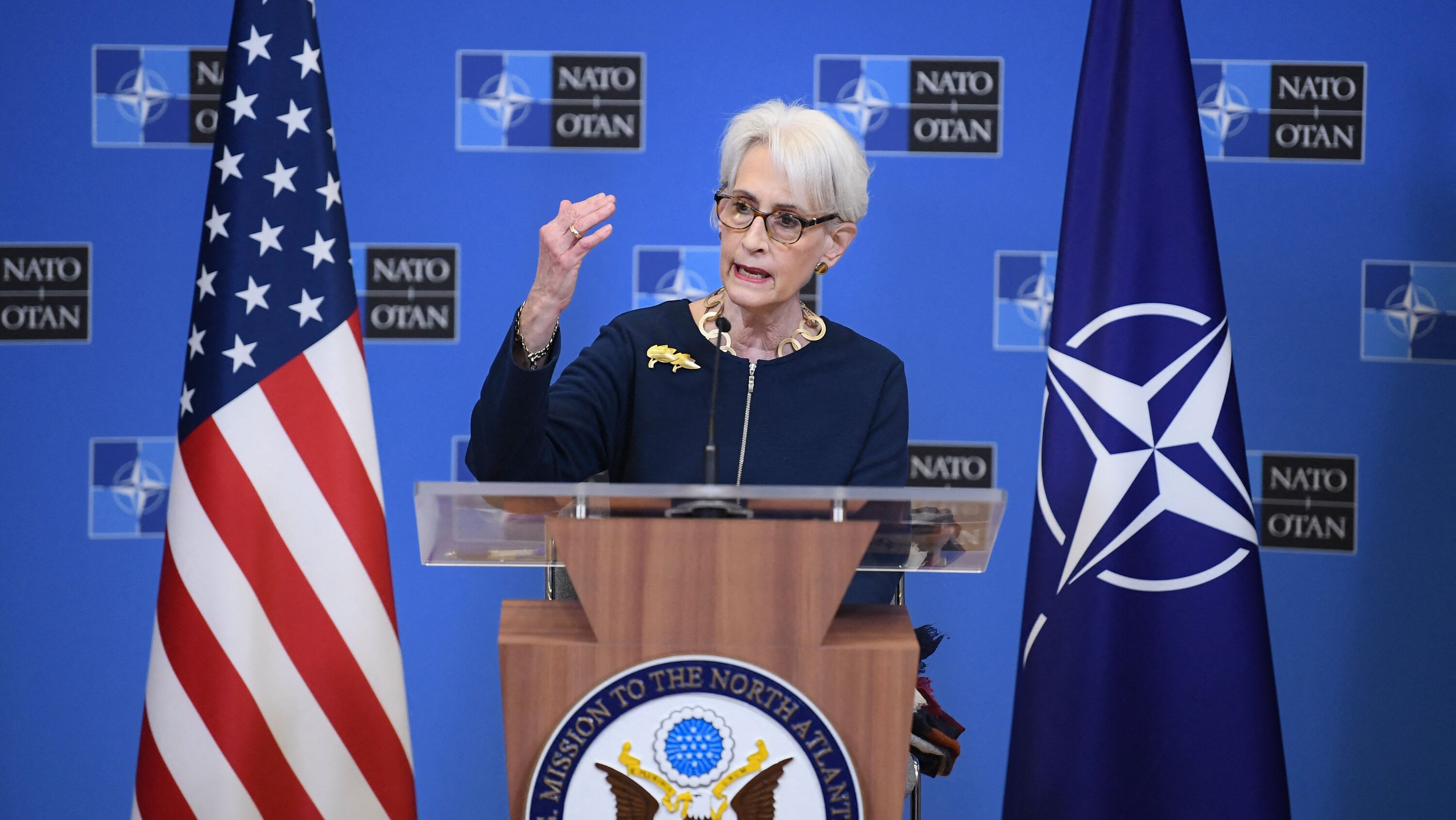BRUSSELS – Russian and NATO officials said they remained far from a deal after four hours of talks on Wednesday that the United States and its allies hoped to delay a further Russian invasion of Ukraine and calm tensions between Moscow and the West.
“Our differences will not be easy to overcome,” NATO Secretary General Jens Stoltenberg told a press conference after the talks at the bloc’s headquarters in Brussels.
In a separate press conference, Alexander V. Grushko, Russian Deputy Foreign Minister, said: “I want to say that the discussion has been rather honest, direct, thorough and comprehensive. But at the same time, he showed great divergence on fundamental issues. “
Stoltenberg said NATO allies urged Russia to “immediately defuse the situation in Ukraine”, where nearly 100,000 Russian troops have gathered near the borders, and to respect sovereignty and territorial integrity of its neighbors. Russian officials have not made a commitment to withdraw the troops, nor have they rejected the request, officials said.
Russia demands that NATO not expand to include Ukraine or Georgia, two former Soviet republics, and withdraw all Allied troops from current NATO members bordering Russia.
NATO allies reaffirmed on Wednesday that they rejected such commitments. Wendy R. Sherman, the assistant secretary of state who led the US delegation to the talks, called some of Russia’s demands “simply unachievable.”
“It was not an easy discussion, but that is exactly why this meeting was so important,” Stoltenberg said, adding that NATO allies and Russia had “a very serious exchange. and direct on the situation in and around Ukraine and its implications for European security.
The meeting at NATO headquarters in Brussels was the second stop on a diplomatic tour focused on the Kremlin, after talks in Geneva on Monday between Russian and US officials. Above the high-level diplomacy looms the question of whether Russian President Vladimir V. Putin will invade Ukraine as he seeks to pressure the West to quash the Russian presence. NATO in Eastern Europe, or that it is defusing.

The United States and its NATO allies are hopeful that Mr Putin will decide to negotiate, as he now faces threats of punitive economic sanctions and even new deployments to NATO allies bordering Russia. .
“If NATO moves to a policy of containment, then there will be a policy of counter-containment on our side,” said Mr. Grushko. “If there is deterrence, there will be counter-deterrence.”
Mr. Stoltenberg and Ms. Sherman said NATO allies had offered Russia a series of new meetings on broader European security issues, including arms control and missile deployments.
Western officials said the Russian response was generally positive, but the Russians did not pledge to continue talks after this week. Mr Grushko said Russia is not closing the door on more diplomacy for now.
Ms Sherman said: “if Russia leaves” it would be “quite obvious that they have never been serious in pursuing diplomacy”.
She reiterated the position of the United States that before any discussion of other issues, Russia must first withdraw from threats to Ukraine. She added that the fate of the Moscow-backed Nord Stream 2 pipeline to transport natural gas from Russia to Germany would depend on Russian de-escalation.
NATO has 30 members, so in a sense Wednesday’s meeting was 30 to one. Ukraine is not a member of NATO, although the alliance promised in 2008 that it would someday be.
NATO officials stressed that they wanted to keep the focus on Russia’s significant and continued military build-up around Ukraine, rather than on Russian desires to force a renegotiation of the security architecture of the Ukraine. post-cold war in Europe.
After the talks on Monday, Sergei A. Ryabkov, who led the Russian side, denied that Russia intended another military invasion of Ukraine. At the same time, Ryabkov warned that if the West does not accept Russia’s demands to remove NATO’s footprint from Eastern Europe and reject any future Ukraine membership, he would face indeterminate consequences which would put the “security of the whole of Europe as a continent” in danger.
 HS Alliance
HS Alliance